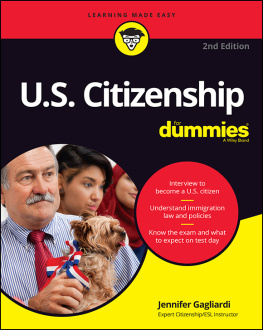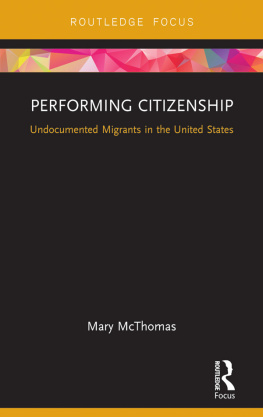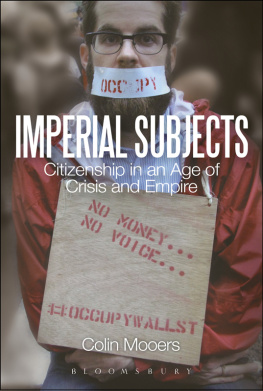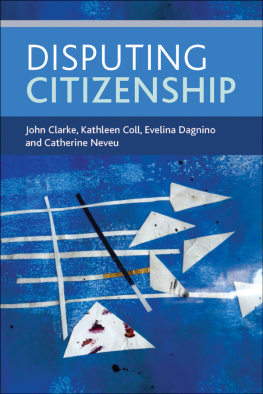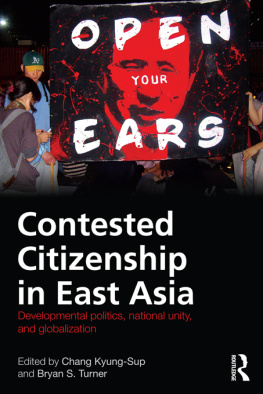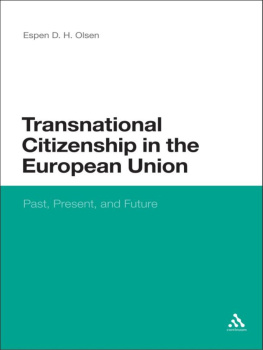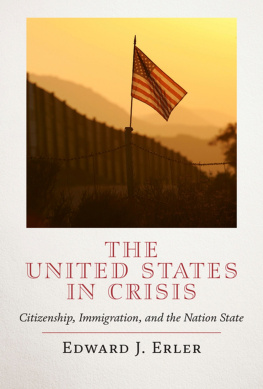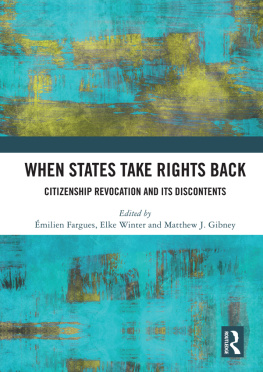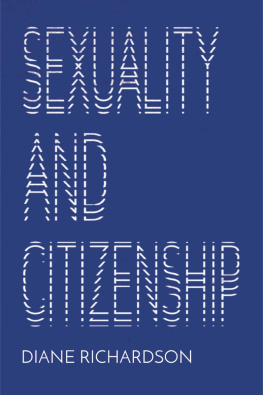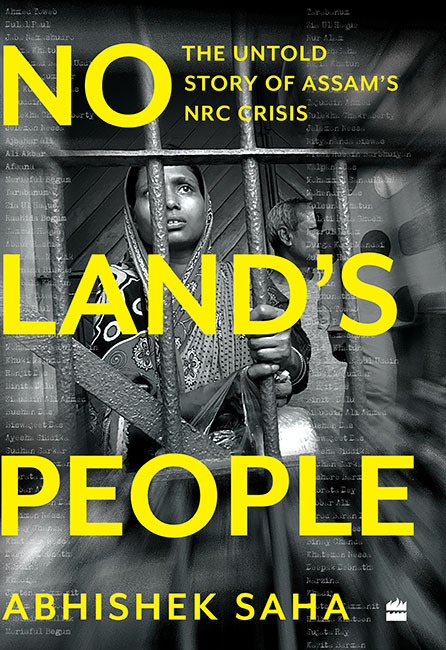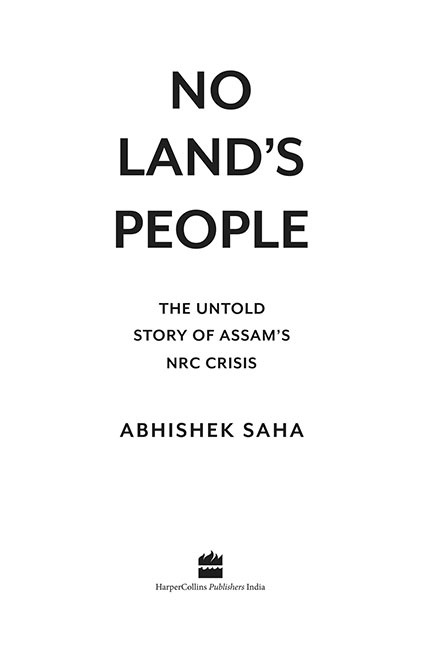Somebody must have made a false accusation against Josef K., for he was arrested one morning without having done anything wrong.
Youre under arrest, after all.
But how can I be under arrest? And above all in this way?
Now youre beginning again, said the warder and he dipped his bread and butter in the honey jar. We dont answer such questions.
Youll have to answer them, said K.
The Trial, Franz Kafka
It is hotter than Prague. It does not have the Czech capitals cobbled squares or narrow streets but instead tin-roofed houses and paddies hemmed with palms and mango trees. Yet Franz Kafka would have felt quite at home in Assam.
India is declaring millions of its citizens
to be foreigners, The Economist
O NE day in 1949, my grandmother, then all of seven, walked from East Pakistan into India holding her fathers hand. Their lives had been uprooted by a line drawn on a map by a British lawyer who had just five weeks to divide a country. They left their home for India, carrying only a few bundles of clothes and utensils. Seventy years later, Alata Rani Saha failed to make it to a list of Indian citizens in the state of Assam.
The National Register of Citizens (NRC) in Assam sought to establish the Indian citizenship of its residents and thereby weed out the non-citizens. The exercise was the first of its kind in the history of the country.
To make it to the NRC, around 3.3 crore people, supported by over 6.6 crore documents, attempted to prove that they or their ancestors had been in Assam or anywhere else in India before the midnight of 24 March 1971 the unique cut-off date for identifying Indian citizens in Assam. In the process, documentary evidence and oral statements converged to establish a persons citizenship.
Assam is a border state in Indias northeast, dotted with hills, jungles, rivers and valleys. The state, known globally for its tea and one-horned rhinos, is home to several ethnic, religious and linguistic communities. Its history is one of large-scale migrations. Its tea plantations, oilfields and coalfields attracted migrant workers from eastern and central India. Hindu Bengalis, fluent in English, came to avail themselves of fresh opportunities that colonial rule opened up, leading to allegations of their hegemony over the Assamese; landless Muslim peasants from East Bengal came to cultivate the fertile land, encouraged by colonial policies and some Muslim leaders; Marwaris from Rajasthan arrived to trade; Nepalis came as soldiers and cattle herders; and refugees from East Pakistan came in batches after Partition. The state went through decades of militancy and counter-insurgency operations, and also witnessed ethnic strife.
The issue of migrant communities from what is now Bangladesh posing a demographic, political and cultural threat to the original inhabitants of the state has been a longstanding one in the Assamese consciousness. It has dominated the states sociopolitical discourse. But peoples movements, political assurances, and enactment of special legal and administrative provisionsall failed to resolve the problem, which endures even after seventy-three years of Indias Independence. Against such a backdrop emerged the demand for the NRCa list which sought to separate the citizen from the non-citizen. The NRC was pitched as if it were a magic wand designed to solve Assams foreigner problem, coming as it did after decades of ethno-nationalist struggle and conflict in the state. It was conceptualized and ideologically supported as an essential tool to check undocumented and illegal migration into Assam which, it was believed, threatened the interests of the indigenous people of the state.
The NRC rejected over 19 lakh applicants, putting them at risk of becoming stateless. For the people who claimed to be Indian citizens but were unable to prove their claim by the yardstick of the NRC, this signified persecution. A vast majority of them said they would fight tooth and nail to prove their citizenship. At the opposite end of the spectrum, several key stakeholders, including the Sarbananda Sonowalled Bharatiya Janata Party (BJP) government in Assam and the powerful All Assam Students Union (AASU), which had spearheaded the demand for an updated NRC since the 1980s, were dissatisfied with the NRC norms. They argued that the number of excluded persons should have been higher, that the process was erroneous and that there were wrongful inclusions and exclusions in the final list. The Assam government said it did not accept the published NRC and sought re-verification of the names included in it.
The BJP, which swept to power in Assam in 2016, was unhappy because among the 19 lakh excluded were a large number of Hindus, primarily Bengalis, who, observers say Muslims of Bengali descent, a community that suffers an identity crisis in Assam and is often vilified, did not register as high a percentage of exclusion as the BJP probably expected it to. Much of the saffron partys political rhetoric in Assam targets and others this community.
In the BJPs political imagination, an undocumented Hindu migrant could never be a foreigner in India. It was to ratify this fundamental stand that the party pushed for the Citizenship (Amendment) Act (CAA). This contentious law was passed by the Indian parliament in December 2019. The CAA relaxed the eligibility norms for Indian citizenship for Hindus, Sikhs, Buddhists, Jains, Parsis and Christians who had come to India from Afghanistan, Bangladesh and Pakistan.
In Assam, especially in the largely Assamese-speaking Brahmaputra Valley region that has a multitude of ethnic communities, the BJP faced stiff opposition over the CAA. Many considered the amended law as a threat to the indigenous people and violative of the terms of the Assam Accord of 1985. The CAA reignited an old fear among the Assameseof sociocultural inundation by the Bengali migrant, whatever that migrants religion. The BJP pitched the CAA as a panacea for the Hindu Bengalis left out of the NRC in Assam, but in doing so it completely overlooked the fact that many migrants, like my grandmother, were anyway eligible for inclusion under existing laws, if only the state machinery processes were fairer.
In the national sphere, advancing on its Hindu nationalist political agenda, the BJP pitched a pan-India NRC coupled with the CAAimplying that non-Muslims who might not have the requisite citizenship papers would be covered by the CAA. But the ghuspetiya or the infiltratorread Muslims without documentswould be evicted from the country. When massive protests broke out across the country in late 2019, Prime Minister Narendra Modi backtracked and said that neither in the parliament nor in the cabinet had there been any discussion at all regarding a pan-India NRC.


